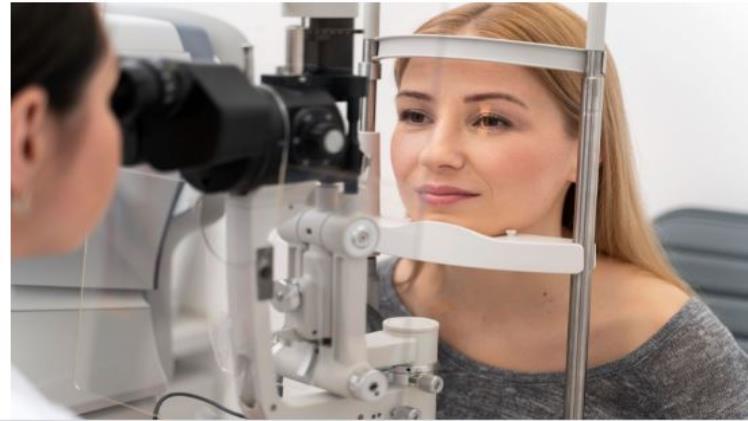Glaucoma affects millions of Americans, especially those over the age of 40. The condition is one of the silent killers of one’s sight and damages your optic nerve. It can develop gradually over time without initially showing signs, only to manifest when it is progressive. The Bronx optometrist recommends regular eye checkups to ensure that such complications are diagnosed on time. Glaucoma can cause irreversible vision loss when it affects the optic nerve and is caught late. It is important to learn more about the condition, and the following checkpoints can help you.
Some People are More Likely to Develop Glaucoma Than Others
It is a fact that glaucoma can affect anyone. However, it is more likely to affect those over 45 than the young population. Babies and children are also at risk of developing a rare form of the condition. Glaucoma also runs in the family, and it is important to know your family history of glaucoma. Those over the age of 60 are more likely to develop glaucoma, especially if they are Mexican Americans. Also, African Americans over 40 are more likely to be diagnosed with glaucoma. Know your risks and take necessary preventative measures like regular eye checkups.
Regular Eye Exam is the Only Way to Catch Glaucoma
Glaucoma might not show signs in the initial stages of development, as mentioned earlier. Therefore, you can have the condition without knowing. Maintaining regular eye checkups is the only way your eye health medical practitioner can detect the condition early for effective management. Remember that it could have progressed way beyond repair when the condition shows signs. Your doctor has the expertise and tools to examine your eyes and catch even the slightest condition signs to improve your chances of preserving your vision.
Glaucoma Attacks Your Optic Nerve
The optic nerve is crucial to your vision as it is the nerve connecting your eye to the brain. It is responsible for relaying critical information to your brain, which is interpreted into vision. Glaucoma attacks this nerve over time, disrupting communications or corrupting the visual information flow to and from your brain. Note that when the condition affects your optic nerve, and there is vision loss, there is no way back. That is why early detection and management of the condition are critical.
Eye Pressure has a lot to do With Glaucoma.
Medical experts have found that increased eye pressure is a major risk factor for glaucoma. Although not everyone with elevated eye pressure has been diagnosed with the condition, most of those who have suffered from the condition have high eye pressure. That is why lowering eye pressure is the only clinically proven remedy for glaucoma. Your doctor can recommend medications and eye drops to help your eyes make less fluid and promote fluid draining from the eye. Remember that the condition can still develop without eye pressure.
Glaucoma Can be Controlled
As mentioned earlier, minimizing eye pressure can help manage glaucoma. It can be achieved through medicated eye drops prescribed by a medical professional. Also, laser treatments and minor surgical operations can be employed to manage your condition depending on the stage of development.
You cannot wait for glaucoma to show signs. Regular eye checkup is the key to beating the silent vision killer. Talk to the specialists at Bainbridge Eye Care for more information. You can request a consultation appointment over a call or using the website.

